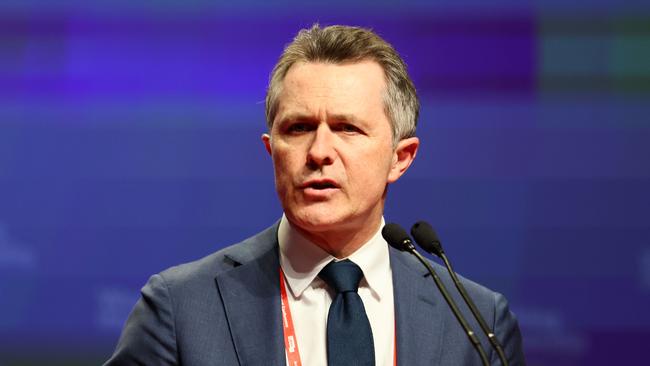
It’s the culmination of something that started 15 months ago and has consumed a huge amount of effort from the Accord panel, education bureaucrats and those who made 800-odd submissions to the review.
The Accord review had broad terms of reference that would have allowed it to be another Bradley Review leading to major reforms. But as it progressed, the heady enthusiasm that marked its beginning gradually waned. It became clear the Universities Accord would be limited in its immediate impact.
It’s main idea for visionary change is to expand university access for students from disadvantaged backgrounds – something to which Clare has a deep personal commitment.
But other goals that are priorities of universities look like being pushed toward the horizon.
For example, as a legacy of the Morrison government, HECS fees are now four times higher for students doing humanities, law and business degrees compared to those doing teaching and nursing degrees. The goal of this Morrison policy, to persuade more students to become nurses and teachers, is not being achieved but we are left with this inequitable fee structure. Fee reform is essential but it does not look likely to happen quickly under the Universities Accord.
Similarly the urgent pleas of research-intensive universities for more research funding are unlikely to be fulfilled in the short term.
The Accord will almost certainly recommend the creation of a new Tertiary Education Commission to oversee universities, and it seems likely that many things universities want, such as fee restructuring and a research funding review, are likely to be shunted to the commission for consideration down the track.
But Clare must find money for any new initiatives – including extra funding for disadvantaged students – from within his portfolio, which is why a tax on international student revenue is expected to be recommended by the Accord review, to the chagrin of nearly all universities.
The upshot is a reform plan that will extend over several terms of government, and, as any observer of politics knows, such plans rarely retain the support they need for that lengthy period.
We all know government works under constraints but, at this stage, it looks like a lot of work has been done to create something that is weighted toward aspiration rather than action.




Late next month Education Minister Jason Clare will at last unveil his long-term plan for higher education when he releases the final report of his Universities Accord.